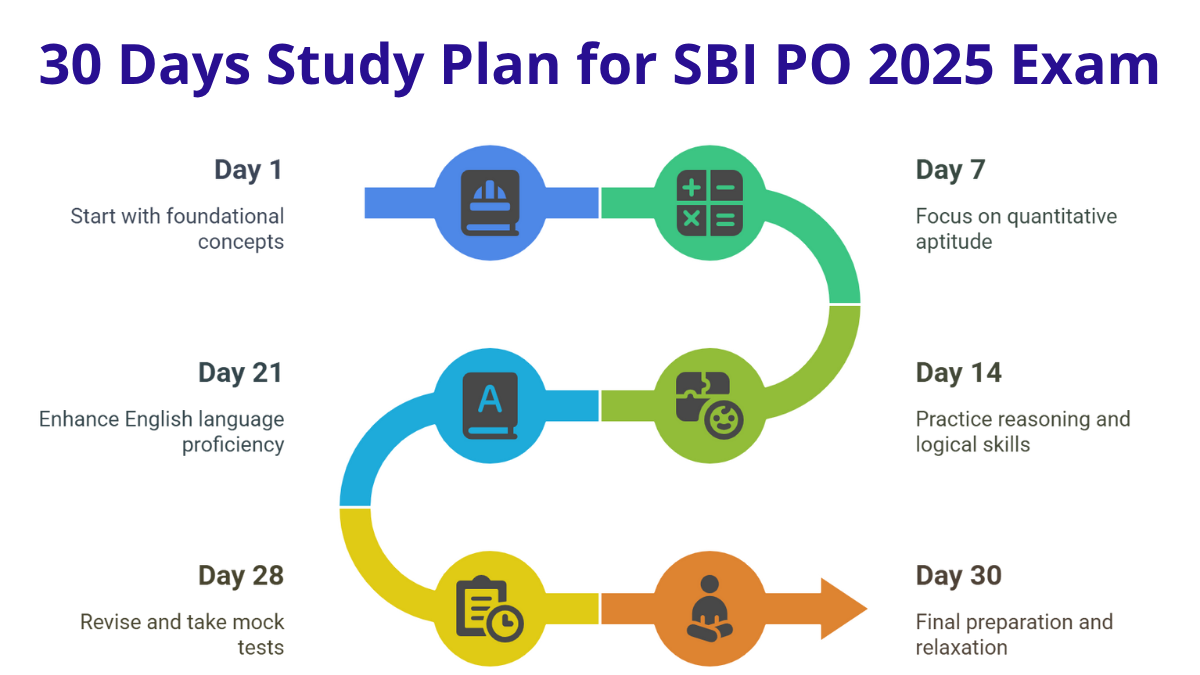Study routines often become comfortable patterns that feel productive but may harbour hidden inefficiencies. Weeks of dedicated preparation can create false confidence about examination readiness. Students frequently discover preparation gaps only during actual tests when correction opportunities have passed. A single well-timed assessment can expose fundamental issues that months of theoretical study cannot reveal.
Mock examinations provide reality checks that classroom learning and textbook practice often miss. Taking one sbi po mock test strategically can illuminate preparation weaknesses that would otherwise remain hidden until the actual examination day. This blog explores how mock testing serves as a diagnostic tool for uncovering deep-rooted study problems.
Exposing Topic Selection Biases
Most candidates unconsciously favour certain topics while avoiding others during self-study. Comfort zones develop around familiar concepts, leading to overpreparation in strong areas and neglect of challenging subjects. This bias creates dangerous knowledge gaps that mock tests quickly expose.
Study patterns reveal themselves through attempt rates and accuracy levels across different question types. Candidates might excel in basic arithmetic but struggle with advanced data interpretation problems. Similarly, students may master simple grammar rules while avoiding complex comprehension passages entirely.
Revealing Time Management Delusions
Theoretical knowledge about time limits differs significantly from practical execution under pressure. Many aspirants believe they can solve questions quickly based on practice session experiences. Real examination conditions introduce stress factors that dramatically affect solving speeds and decision-making processes.
Mock test timing reveals harsh realities about actual problem-solving speeds. The following patterns commonly emerge during timed assessments:
- Overconfidence in calculation speeds leads to incomplete sections
- Excessive time spent on familiar questions while neglecting others
- Poor prioritisation results in easy marks being left unattempted
- Perfectionist tendencies are causing delays on moderately difficult problems
- Panic responses when falling behind planned timing schedules
Uncovering Conceptual Confusion
Surface-level learning often masks deeper conceptual misunderstandings that become apparent only during comprehensive testing. Students may memorise formulas without truly grasping underlying principles. These gaps surface when questions require application rather than simple recall.
Mock tests present variations of familiar concepts that expose incomplete understanding. A candidate might solve percentage problems correctly in isolation but struggle when percentages appear within complex word problems. This reveals preparation focused on mechanical practice rather than conceptual mastery.
Identifying Stress Response Patterns
Examination pressure affects different individuals in various ways, and these responses cannot be predicted through casual practice. Some candidates perform better under pressure while others experience significant performance drops. Understanding personal stress reactions becomes crucial for developing coping strategies.
Mock test environments simulate actual examination stress levels, revealing authentic response patterns. Candidates discover whether they rush through questions when anxious or become overly cautious and slow. These insights guide strategy adjustments for managing pressure during actual examinations.
Detecting Overconfidence in Strong Subjects
High performers in particular subjects often develop overconfidence that leads to careless mistakes during actual testing. Familiar topics receive less attention and checking time, resulting in silly errors that cost valuable marks. Mock tests expose these tendencies before they impact actual examination scores.
Strong mathematical students might skip verification steps in quantitative sections, leading to computational errors. English specialists may rush through grammar questions, missing subtle traps. The following warning signs indicate overconfidence issues:
- High error rates in supposedly strong subjects during mock tests
- Careless mistakes in basic questions within comfort zone topics
- Insufficient time spent reviewing familiar question types
- Assumption that strong subjects require minimal preparation time
- Shock at poor performance in previously reliable subject areas
Highlighting Resource Allocation Mistakes
Study schedules often distribute time equally across subjects without considering individual learning curves or examination weightages. Mock tests reveal whether current resource allocation matches actual preparation needs and examination requirements. Misaligned priorities become obvious through sectional performance comparisons.
Candidates frequently discover they have overstudied certain areas while understudying others. Extensive vocabulary building might have consumed time better spent on quantitative practice. Alternatively, a mathematical focus might have neglected the development of critical reasoning skills. Identifying and correcting these imbalances early can lead to a more efficient and well-rounded preparation strategy.
A sbi po mock test offers clear insight into how well you’re really prepared. They highlight study gaps, common mistakes, and areas that need more focus. Even a single test can reveal patterns that might otherwise go unnoticed. With consistent practice, your preparation becomes more focused and based on actual performance, not just assumptions.







